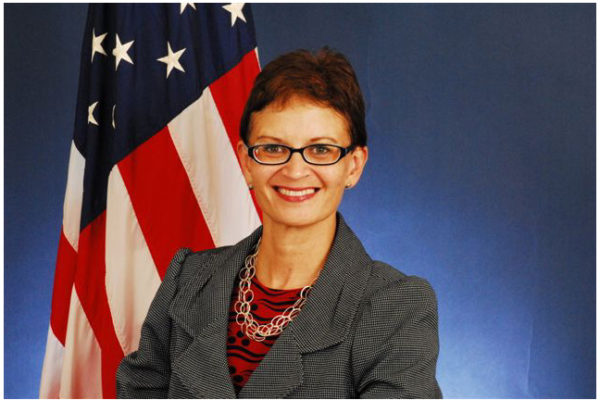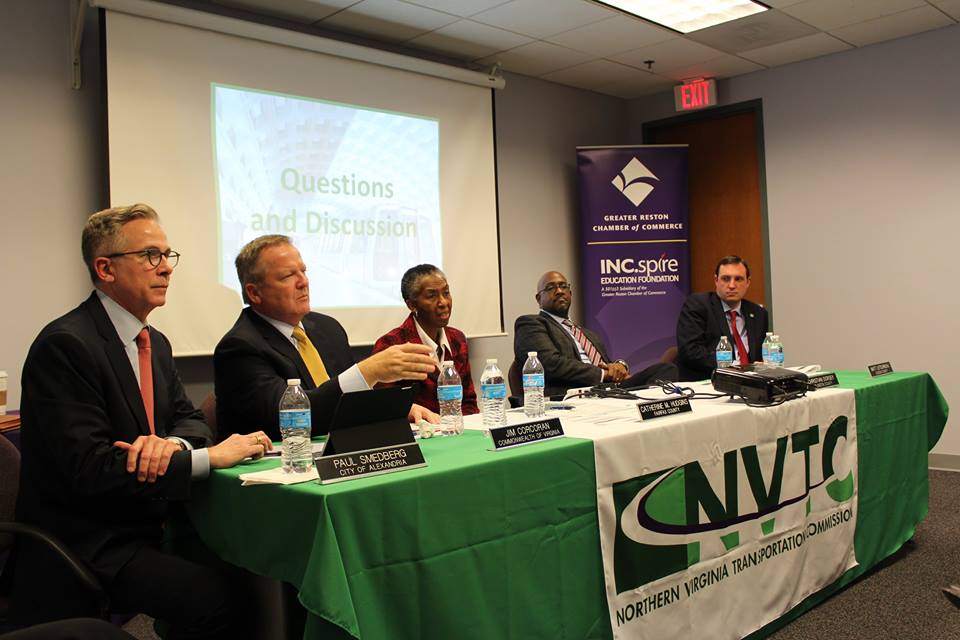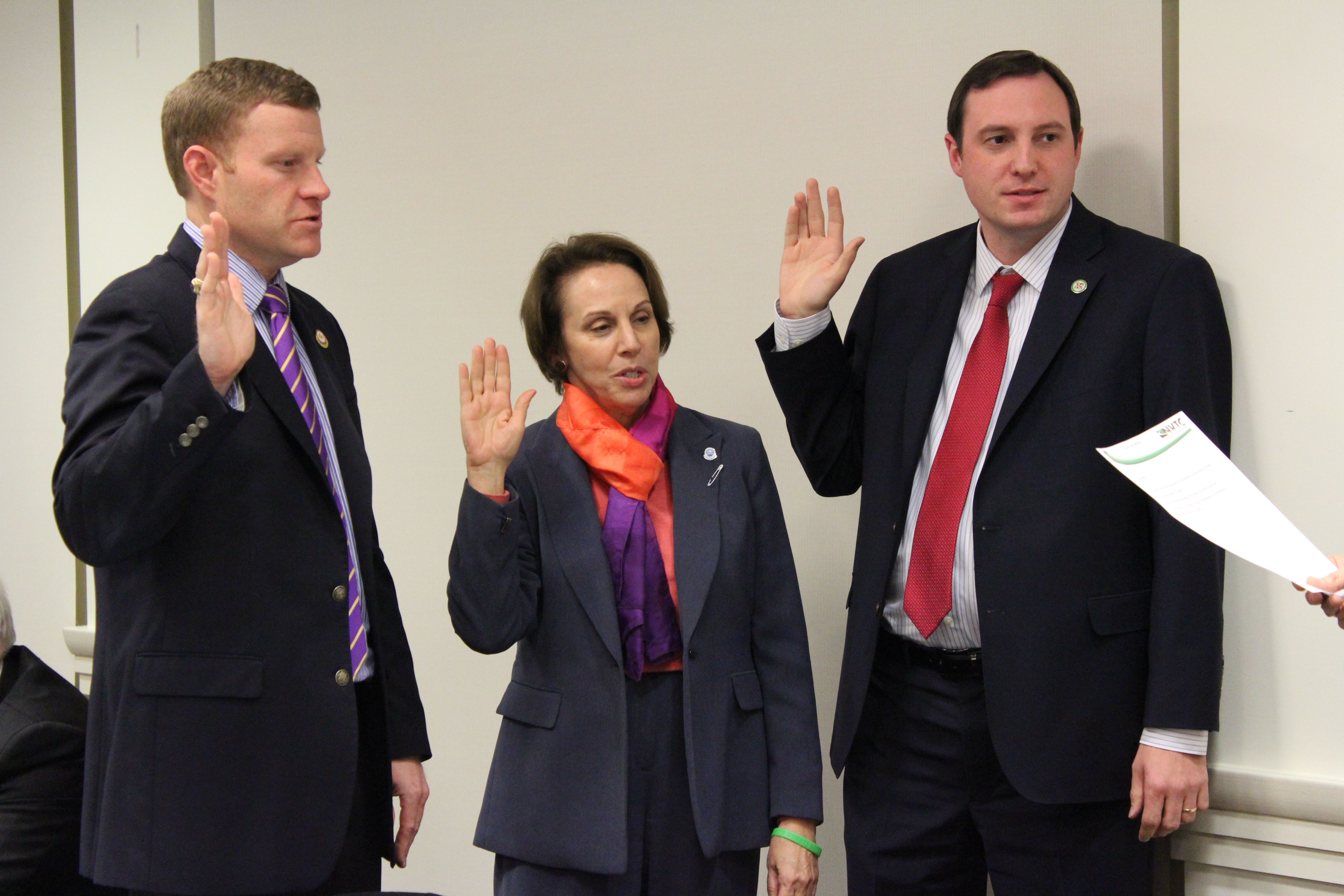The third in an ongoing series of conversations, NVTC’s WMATA Board Member Forum is designed…

WMATA Safety and Security
FTA Acting Administrator Therese McMillan noted three areas for safety improvements detailed in June’s FTA Safety Management Inspection Report with the WMATA Board of Directors on July 23. McMillian noted that WMATA is due to submit a final plan by September addressing all findings. She also said the FTA is testing WMATA’s new financial practices before removing financial restrictions.
Required Safety Improvements. FTA’s safety audit identified 44 Metrorail findings in eight categories and 10 Metrobus findings in five categories. Three key areas include:
- lack of compliance with WMATA’s own safety program
- lack of adequate/timely safety training for WMATA employees
- need to balance safety-critical track work with demand for passenger service
McMillan said WMATA must prioritize corrective actions by risk and identify resources – reallocation of budget line items or new revenue – to implement those actions.
In addition to discussing the FTA safety audit, the WMATA Board of Directors reviewed the status of establishing a new independent safety commission, expanding cell phone coverage in the Metrorail system and improving employee and rider safety.
Metro Safety Commission. McMillan called on Virginia, Maryland and the District of Columbia to pass a bill during the next legislative session to establish and fund a new state safety oversight agency, known as the Metro Safety Commission (MSC). The Metropolitan Washington Council of Governments (MWCOG) is coordinating the formation of this new entity, which will replace the Tri-State Oversight Commission. The MSC will be financially independent of WMATA and have investigative and enforcement authority. MWCOG is drafting grant applications to secure operating funds for the MSC’s first three years. The Metro Safety Commission was proposed in 2010; the FTA mandated its formation in 2013. Establishment of the MSC is essential if the region is to receive $4.5 million in federal grants.
Cellular Access in Metro Tunnels. MWCOG’s 9-1-1 committee director reported to the WMATA Board that an agreement, known as the Neutral Host Project, is pending with the four major cellular carriers (Verizon, AT&T, T-Mobile and Sprint) to upgrade cell phone capability throughout the WMATA system. Recent testing by MWCOG earlier this year demonstrated excellent calling capability on station platforms but limited capability in the tunnels. A contractor, hired by the wireless companies, filed bankruptcy in 2013 before completing its work in Metro’s tunnels.
Safety and Crime Report. WMATA’s Safety & Environmental Management Quarterly Report shows an increase in passenger and employee injuries when compared to second quarter CY2014. Overall crime within the Metro system dropped for the month of June when compared to the same month in 2014. The year-to-date crime rate (724 incidents) is higher than the same period last year (717 incidents). Metro Transit Police Chief Ron Pavlik noted that the July 4 death of a 24-year-old American University graduate was the first homicide onboard a Metro train in the transit agency’s 39-year history.


